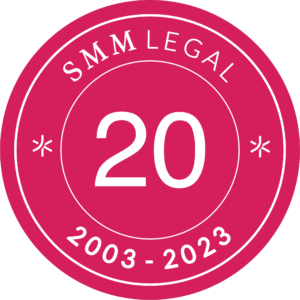SMM Legal Team provides the Polish National Centre for Science and Research with comprehensive legal assistance in the first and so far the largest Polish project (total worth over PLN 2 billion) aimed at boosting the development of the electric transportation sector in Poland. The programme is being carried out within the innovative partnership formula. So far advisory has focused on public procurement law and electro-mobility regulations, but SMM Legal supports the Centre also in ongoing liaison with other contracting parties and stakeholders.
The purpose of the Emission-free public transportation programme is to intensify the implementation of state-of-the-art solutions in urban transportation. Its goals contribute to the attainment of the Europe 2020 Strategy and the Sustainable Development Strategy, both of which list low-emission economy, transport modernisation and the promotion of energy effectiveness among their top priorities. The programme marks the launch of Centre’s new approach to innovative policy and public contracts. The authority ceases to be a passive client in order to actively engage with businesses and exert its influence on the market with the aim of pursuing its strategic objectives. The programme’s ambitious goal is to create a flywheel for innovative activity in the public transportation sector.
On 4 April 2018, the National Centre for Research and Development informed that 9 contractors – both independent bidders and consortia – submitted their bids in response to a call announced in the Emission-free Public Transportation Programme The placement of bids closes the first stage of Centre’s activity. The Centre, together with local authorities and municipal companies, announced a call for bids to develop and deliver emission-free public transportation vehicles within an innovative partnership procedure. The bidders awarded the contract will launch R&D works to develop a specific solution to a practical problem. Then, following a multi-step selection procedure, the best solution will be selected and subsequently applied in the vehicles delivered to local authorities and municipal companies.


